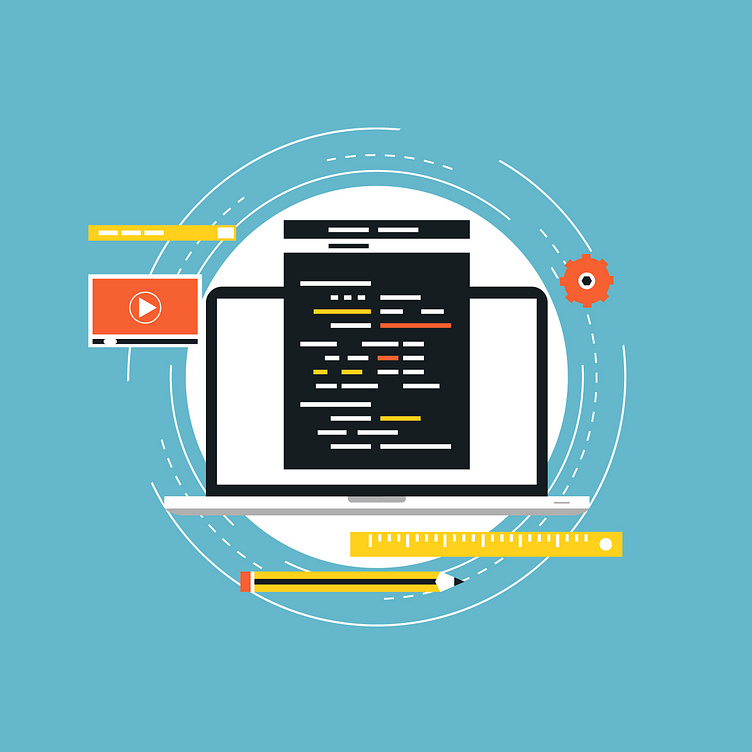Python Web Scraping: Unveiling the Power of Data Extraction
In today's data-driven world, the ability to gather and analyze information from the web is paramount. Python, a versatile and popular programming language, offers a powerful tool known as web scraping. This technique allows developers to extract valuable data from websites and transform it into actionable insights. In this article, we'll delve into the world of Python web scraping, exploring its benefits, techniques, and best practices.
Introduction to Web Scraping
Web scraping involves automating the process of extracting data from websites. It enables businesses and researchers to access information that might not be readily available through APIs. Python, with its rich ecosystem of libraries, makes web scraping accessible even to those with limited programming experience.
Understanding the Basics of HTML
Before diving into web scraping, it's essential to have a basic understanding of HTML, the markup language used to structure web content. Elements such as tags, attributes, and classes play a crucial role in locating and extracting the desired data.
Choosing the Right Python Libraries
Python offers a range of libraries that streamline the web scraping process. Beautiful Soup and Requests are commonly used for parsing HTML and sending HTTP requests, respectively. Selenium comes in handy when dealing with dynamic websites that rely on JavaScript.
Initiating a Web Scraping Project
To start a web scraping project, you'll need to install the necessary libraries using tools like pip. Sending HTTP requests to websites and parsing HTML content are initial steps in this journey.
Navigating and Extracting Data
Locating specific elements within the HTML structure and extracting data from them is at the core of web scraping. Beautiful Soup provides methods to navigate the parse tree, while extraction methods retrieve text, attributes, and other relevant information.
Handling Dynamic Websites
Dynamic websites that load content asynchronously present a challenge for traditional web scrapers. Selenium's automated browser interactions enable you to scrape data from such sites effectively.
Data Cleaning and Transformation
Raw web data often requires cleaning and transformation before analysis. Python's string manipulation and regular expressions are powerful tools for this purpose.
Ethical and Legal Considerations
While web scraping offers valuable insights, ethical and legal considerations are vital. Always respect the website's terms of use, adhere to the guidelines of robots.txt, and avoid causing server overload.
Best Practices for Efficient Web Scraping
Efficient web scraping involves strategies like pacing requests to prevent overloading servers and implementing robust error handling to gracefully handle unexpected situations.
Real-world Applications of Web Scraping
Web scraping finds applications in various fields. From monitoring product prices and aggregating news content to analyzing the job market, its versatility is evident.
Advantages and Limitations of Web Scraping
Web scraping empowers organizations to gather real-time data and make informed decisions. However, it's essential to be aware of its limitations, including potential changes in website structure and legal concerns.
Conclusion
Python web scraping opens a world of possibilities for harnessing web data. Its ability to extract insights from diverse sources empowers decision-makers and researchers alike. By leveraging the right libraries and adhering to best practices, one can unlock the true potential of web scraping.
